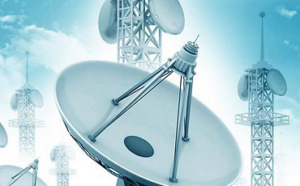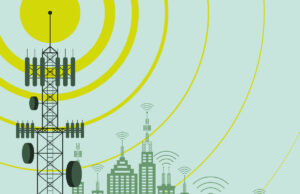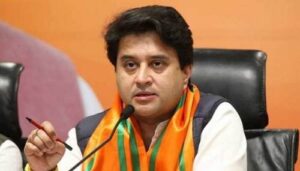New Delhi :-
Education is in the concurrent list of the Constitution and majority of the schools are under the domain of respective State and UT Governments. State and UT Governments are the appropriate Governments under the Right of Children to Free and Compulsory Education (RTE) Act, 2009, and have the responsibility and mandate to provide school infrastructure including drinking water and toilet facilities in schools in accordance with the norms laid down in the Schedule to the RTE Act, 2009 and as per respective State RTE Rules.
The Centrally Sponsored Scheme of Samagra Shiksha launched in 2018-19, has a dedicated Inclusive Education component for the education of Children with Special Needs (IE for CwSN) covering all CwSN with one or more disabilities as mentioned in the Schedule of Specified Disability of the Rights of Persons with Disabilities (RPwD) Act, 2016 including Hearing Impairment and Speech and Learning Disability. It aims to look at education of CwSN in a continuum from Pre-Primary to Class XII studying in Government, Government-aided and local body schools.
Through this component, CwSN are provided support via specific student oriented interventions such as for conduct of identification and assessment camps of children with Special Needs, provision of aids, appliances and assistive devices, support for transportation, scribe and escort allowance, Braille books and large print textbooks for children with visual impairment, stipend for girls with special needs and teaching-learning materials, provision of Home Based Education for children with severe multiple disabilities etc. in order to appropriately address the unique educational requirements of CWSN in inclusive schools. To improve accessibility to school buildings Samagra Shiksha also has provisions for creation of differently-able friendly infrastructure such as ramps and differently-able friendly toilets for barrier free access in schools.
Capacity building of general teachers and special educators on meeting learning needs to provide quality education to children with special needs and improve their learning outcomes, are also covered. There is a dedicated National Initiative for School Heads’ and Teachers’ Holistic Advancement (NISHTHA) Module which aims to build competencies among all the teachers and school principals at the elementary stage. A five-day Capacity Building Programme for general teachers in Inclusive Education has been included in NISHTHA – Equitable and Inclusive Education for 2023-24.
NCERT is conducting a live interaction series on PMeVIDYA DTH TV Channels, titled, “Teaching Learning Interventions for Inclusive Classrooms”. Each episode is of half hour duration, focusing on promoting inclusive pedagogy practices, by considering one class, one subject and one-chapter from textbooks, with mandatory ISL interpreter. An archive of 632 sessions available on NCERT official youtube channel. (https://www.youtube.com/playlist?list=PLUgLcpnv1YidgxeXsFZH045t8584x4Asx).
NCERT has also developed E-content for visually and hearing impaired students by developing 596 videos for Classes 1-5 in Indian Sign Language and uploaded 954 textbook based Indian Sign Language (ISL) videos on DIKSHA. For visually challenged learners e-books(e-pubs and DAISY) and tactile maps have been developed. About 10,500 dictionary words in Indian Sign Language have been developed. All these resources are available on DIKSHA and e-pathshala. As part of this process, 978+ ISL videos at the Secondary and Senior Secondary level course have been uploaded by NIOS on its YouTube channel.
The information was given by the Minister of State for Education, Smt. Annpurna Devi in a written reply in the Lok Sabha today.
*****


